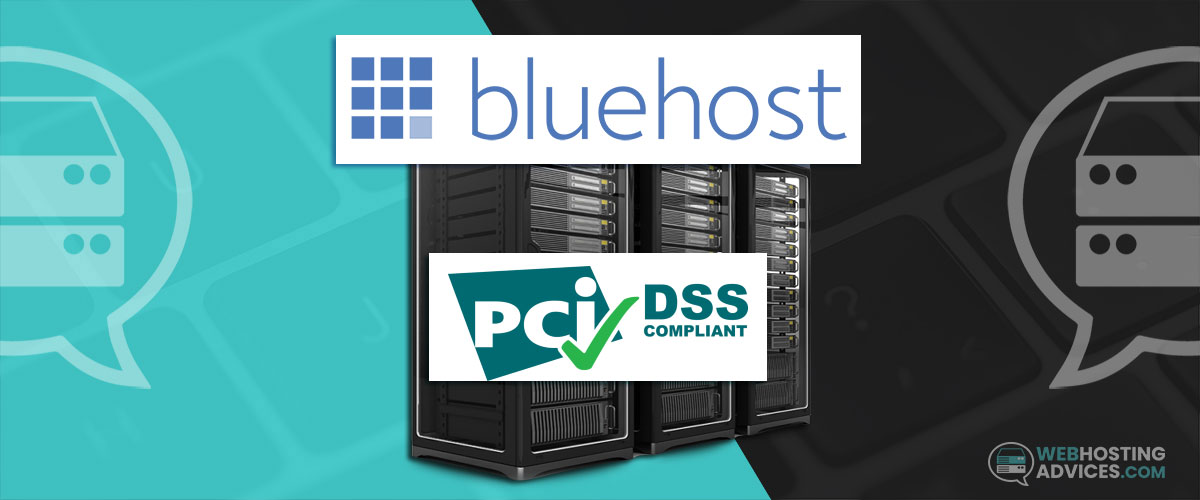So you’re planning to host your online store on a Bluehost server. Well, then it’s crucial to know if it’s possible to carry out financial transactions on your website securely.
To process transactions securely, there is one question you need to ask yourself above all others — Is Bluehost PCI compliant?
If you’ve had similar queries, you’re at the right place! Here I am discussing whether or not Bluehost complies with PCI rules. I will also share if your website needs to be PCI-compliant in the first place.
As a web hosting provider, Bluehost needs to comply with some industry standards.
One of the criteria is the Payment Card Industry Data Security Standard (PCI DSS). Complying with these regulations becomes necessary when you are involved in the online processing of credit card transactions.
Let’s dig deeper.
By default, Bluehost is not PCI-compliant on shared hosting. However, it is possible to achieve PCI compliance if you wish to.
All Bluehost shared hosting plans include several tools and features like SSL certificates, secure FTP access, and more that help you comply with the PCI DSS regulations.
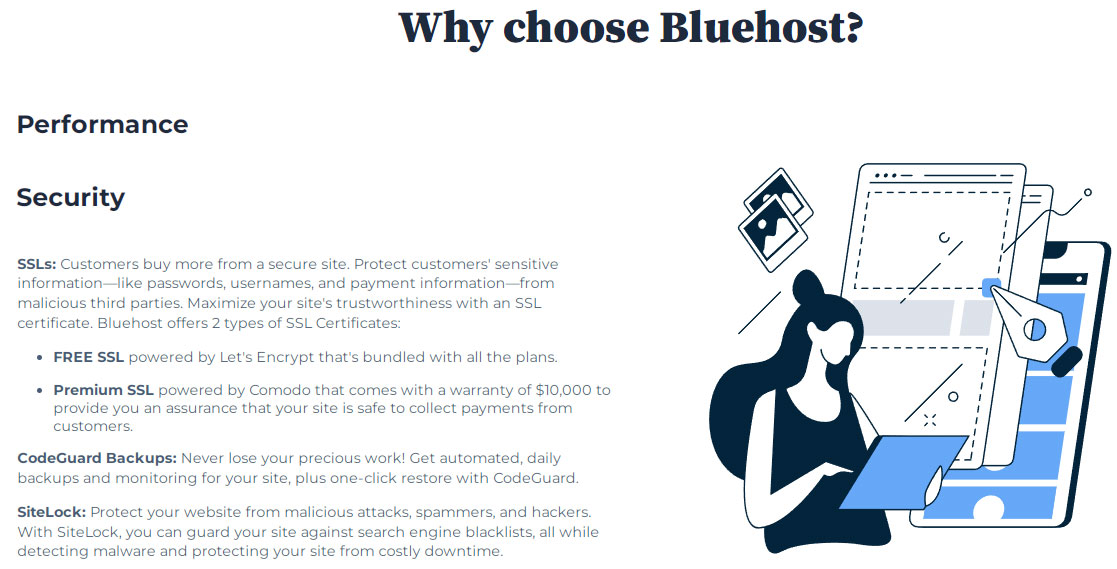
If you are looking to achieve full PCI compliance, however, you need to follow some additional steps.
Some of the main steps are ensuring the implementation of firewalls and intrusion detection systems, securing your website apps and code, updating and monitoring your security measures from time to time.
Following such steps will help in fully protecting your customers’ financial information.
It is also possible to achieve PCI compliance on Bluehost shared hosting with a full Content Delivery Network (CDN) solution like Cloudflare.
You need to fully point your Domain Name System (DNS) through your preferred CDN service to secure your website completely.
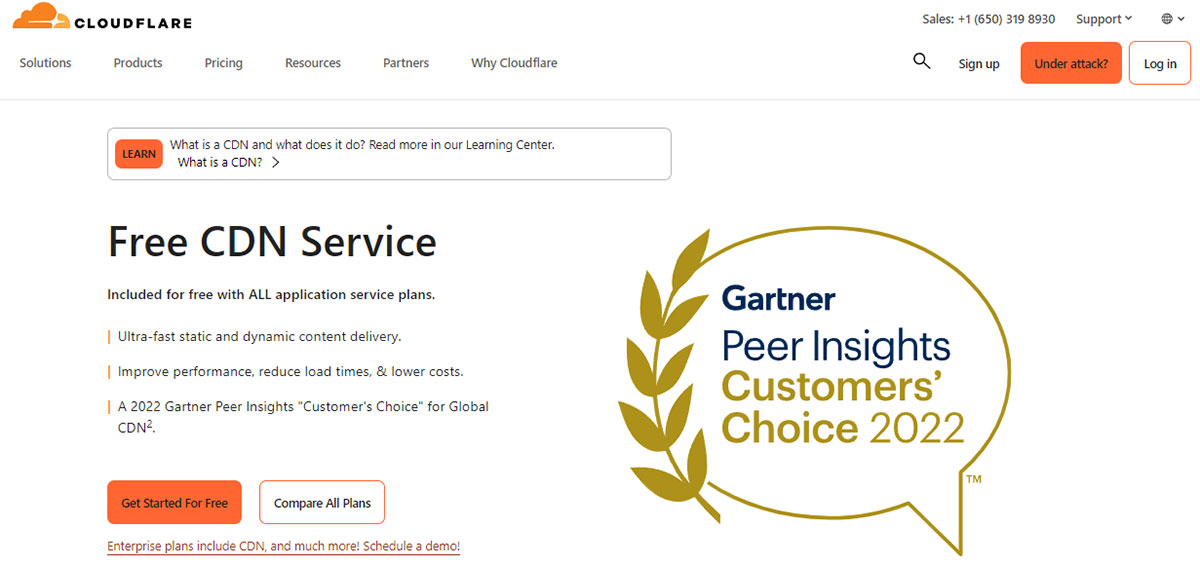
Bluehost PCI compliance on VPS
Bluehost implements several security measures to offer complete protection for handling sensitive data on your website. The host claims to support PCI compliance on all accounts at its official website.
But you have to actively avail the features to make your site compliant.
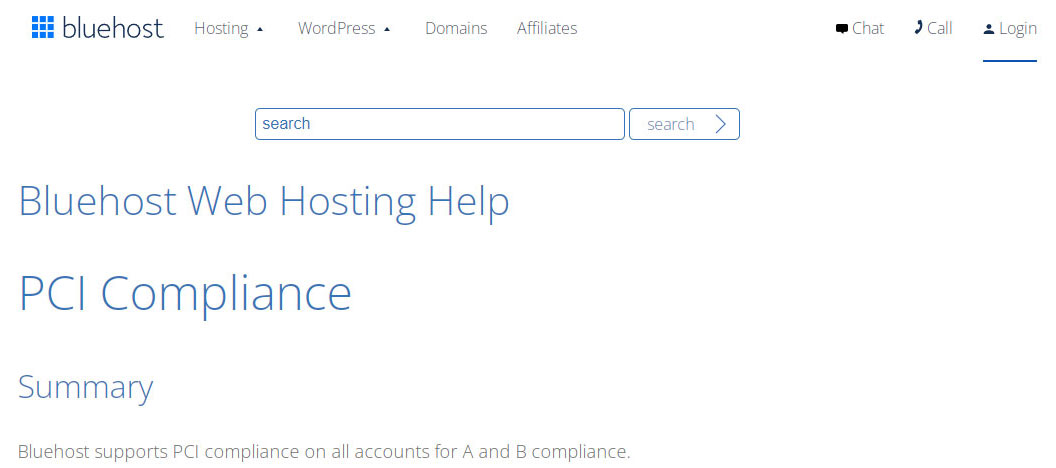
Therefore, it is possible to achieve PCI compliance on a Bluehost VPS (Virtual Private Server) plan. If you are processing credit card transactions on a Bluehost VPS, ensure that your website and payment processing systems that you utilize also comply with PCI DSS.
Bluehost offers managed VPS hosting solutions with full root access and fully dedicated server resources.
Bluehost also helps your online store in meeting all legal requirements by offering full PCI compliance. The host will make all the necessary changes to its server to comply with the regulations if you provide it with a PCI scan report.
The PCI-compliant VPS hosting from Bluehost comes with the following features:
- Free SSL certificate
- Dedicated IP address(es)
- SFTP encryption
- Domain privacy protection
- Server security with complete access control
- 24/7 VPS support
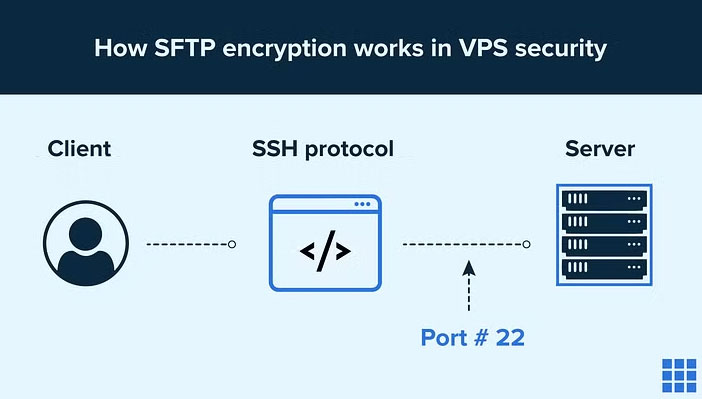
Does my website need to be PCI-compliant?
Now that you are aware of Bluehost’s capabilities to secure your website, let’s find out whether or not your website actually needs to be PCI-compliant.
PCI DSS was established to prevent security breaches of cardholder information. It protects consumer data and helps to prevent identity theft.
PCI compliance applies to all businesses accepting credit card payments. So if you are carrying out any financial transactions through your site, your website needs to be PCI compliant.
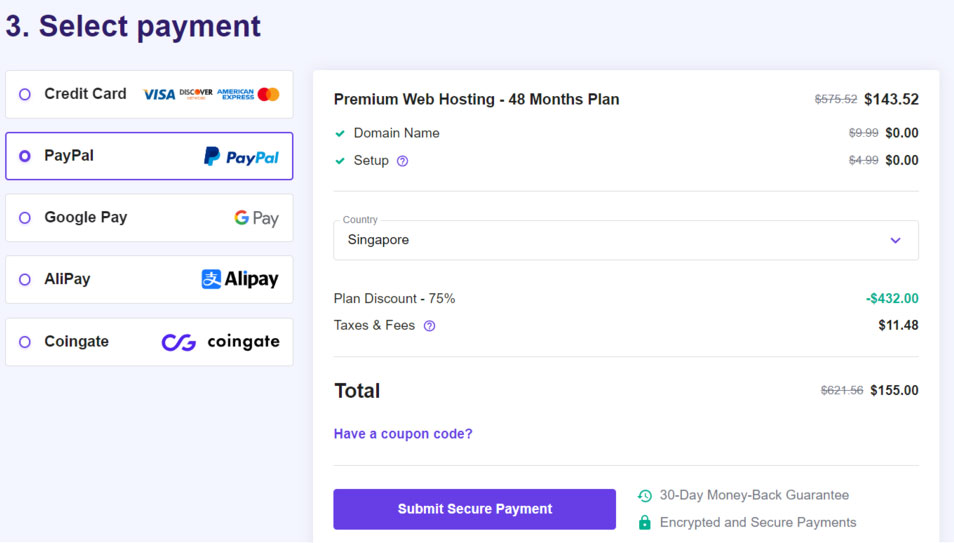
The goal of these regulations is not to regulate businesses but to protect sensitive user information. Thus, even if you are a non-profit organization accepting donations on your website, you need to comply with PCI DSS.
In short, any website processing credit card information needs to be PCI-compliant to meet the legal requirements.
Conclusion
Bluehost plans aren’t PCI-compliant as is when you purchase them. However, the host supports PCI compliance on its shared, VPS, and dedicated hosting plans.
It offers several tools to help you meet the legal requirements.
Although Bluehost follows multiple security measures and provides many tools, it is your responsibility to make sure that your website is Bluehost PCI compliant or not.
If you are opening an E-commerce website and accepting credit card payments from your customers, be sure to take the necessary steps to fulfill PCI DSS requirements.

